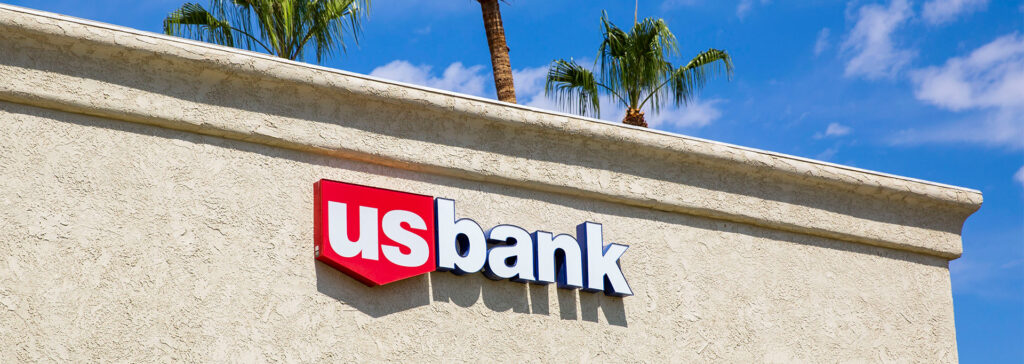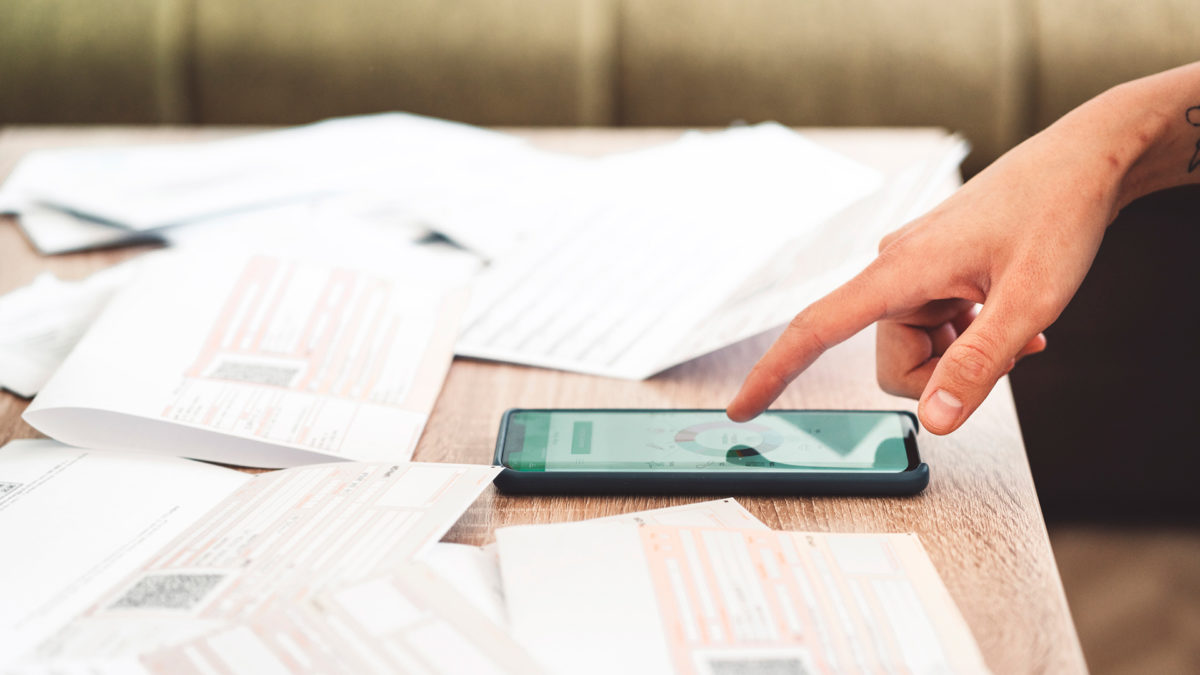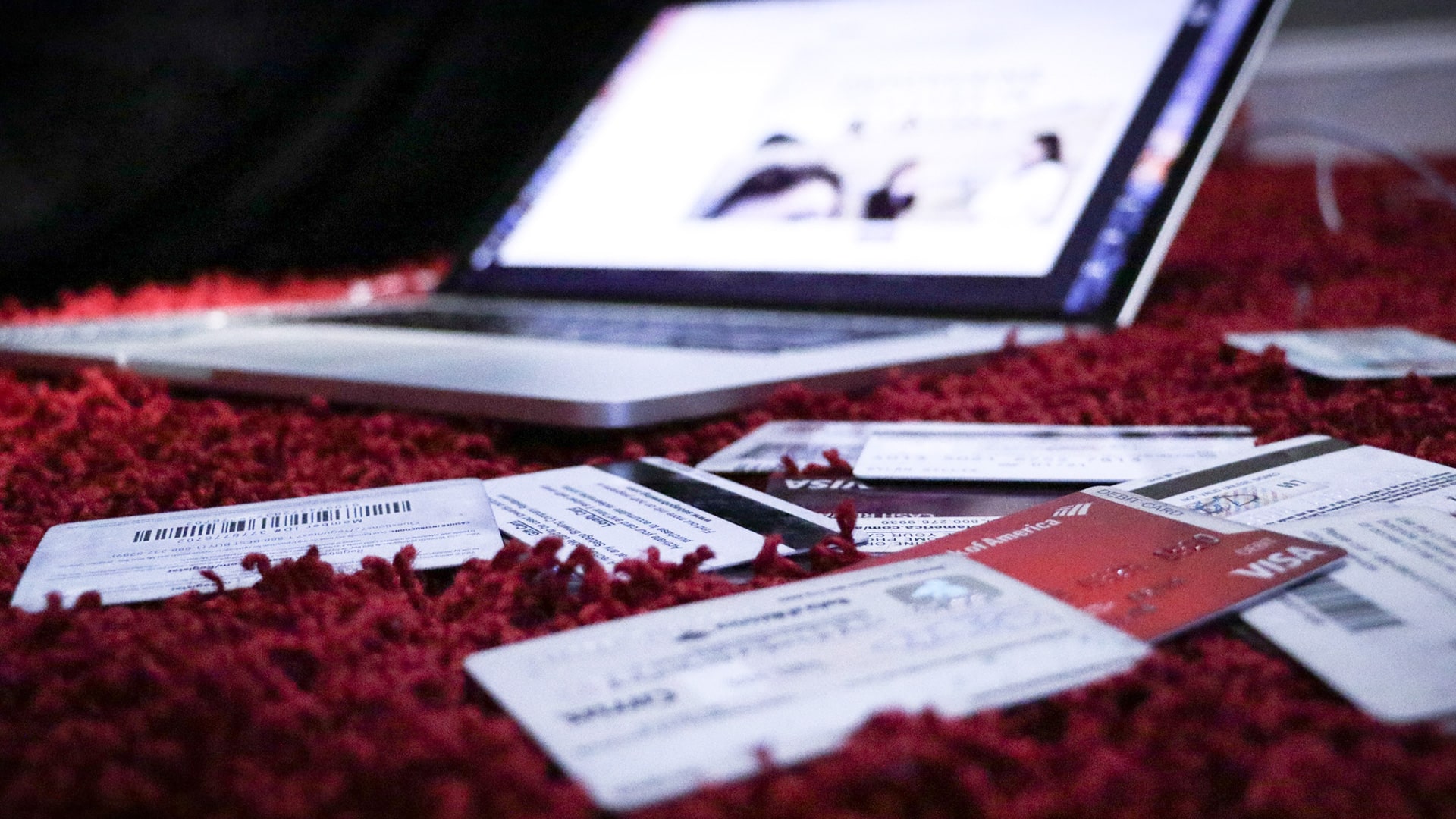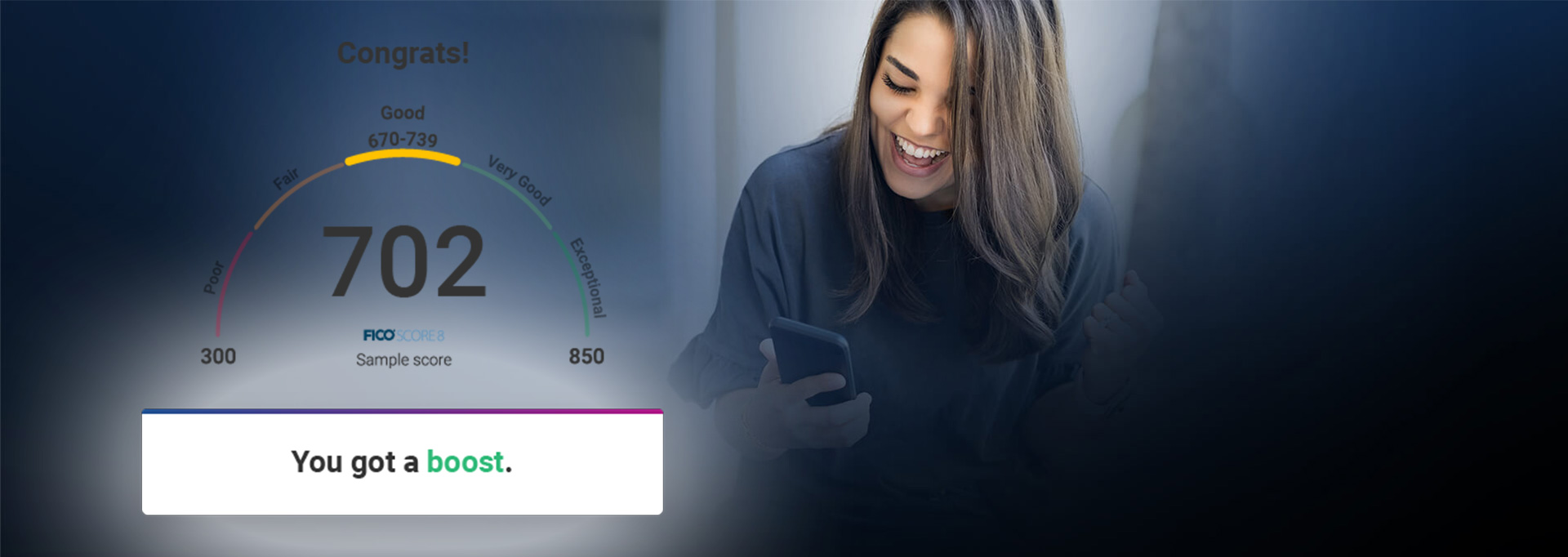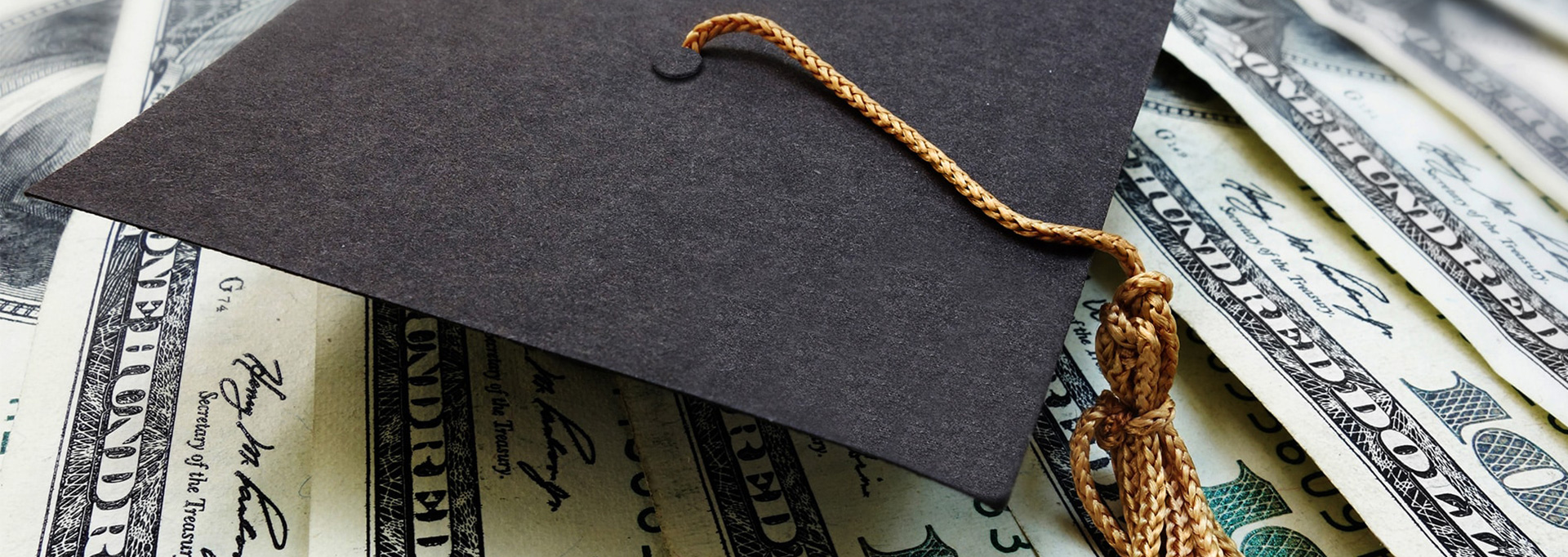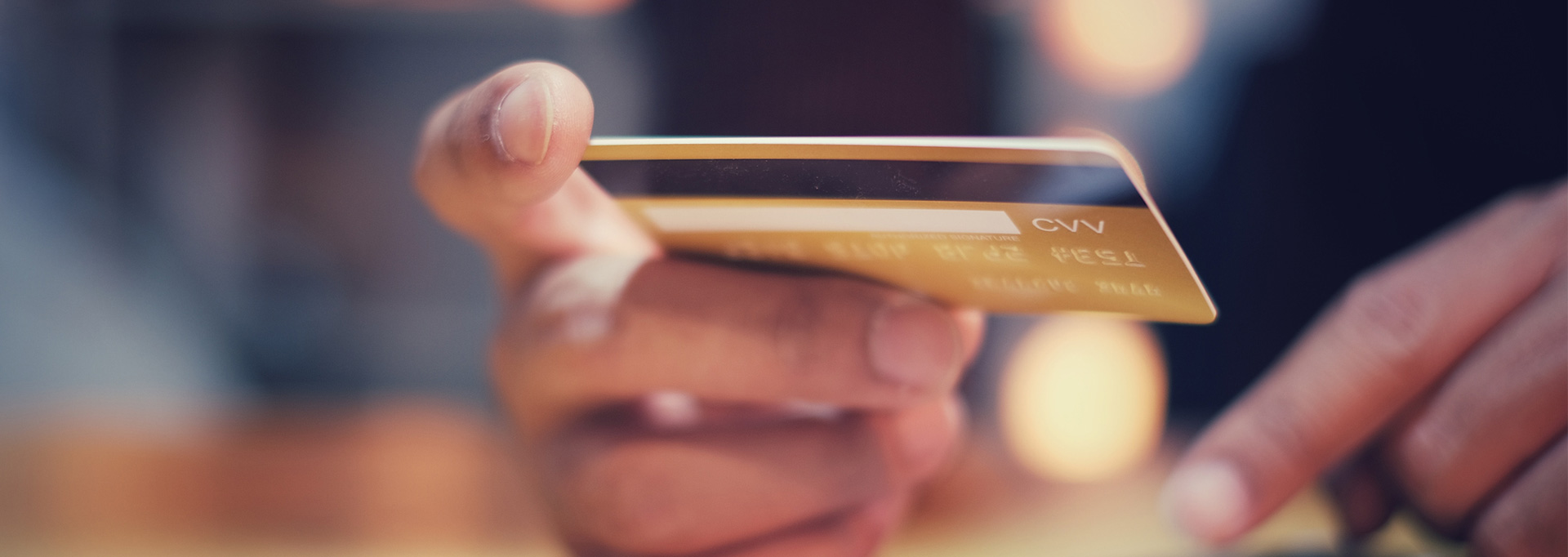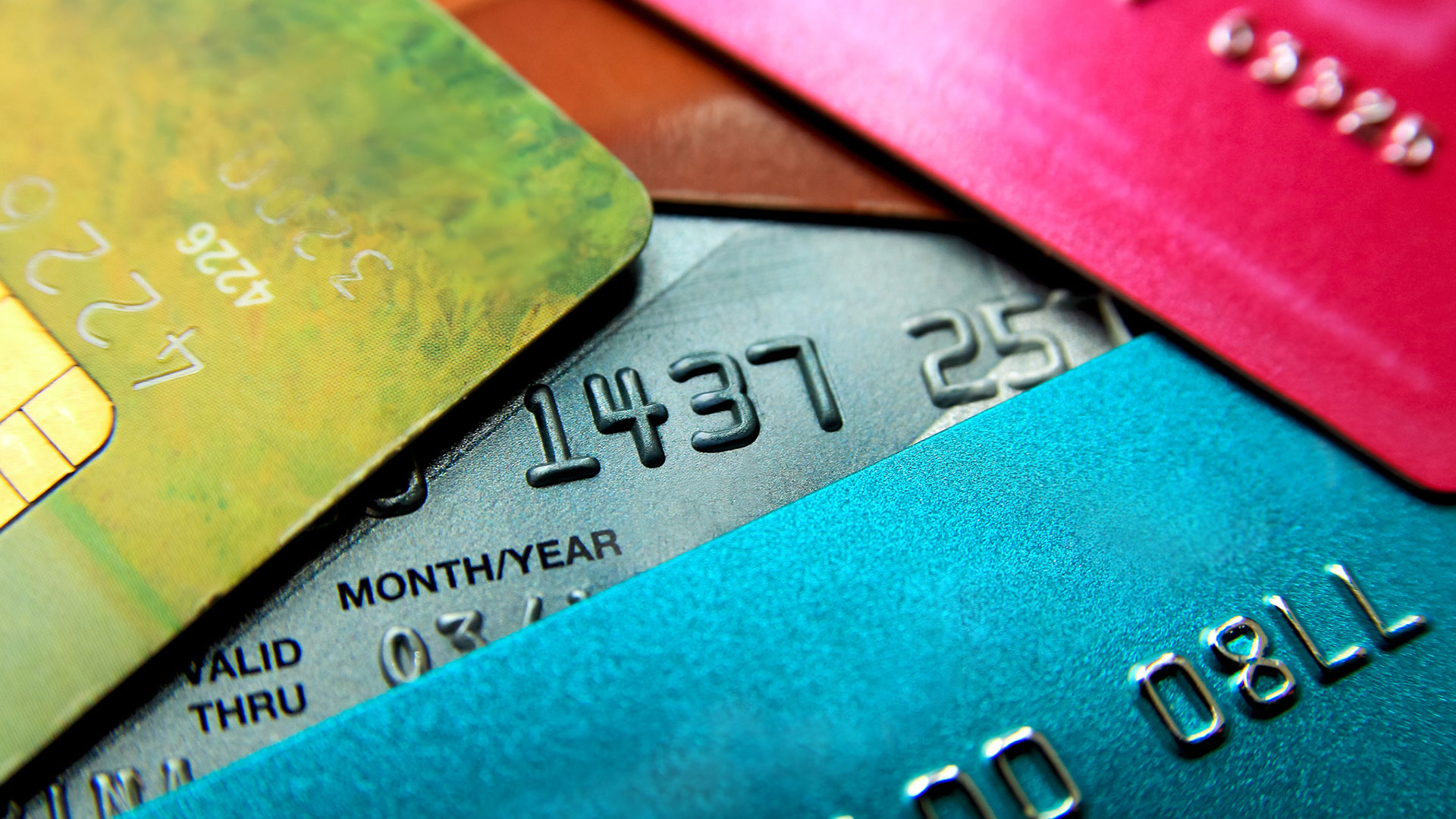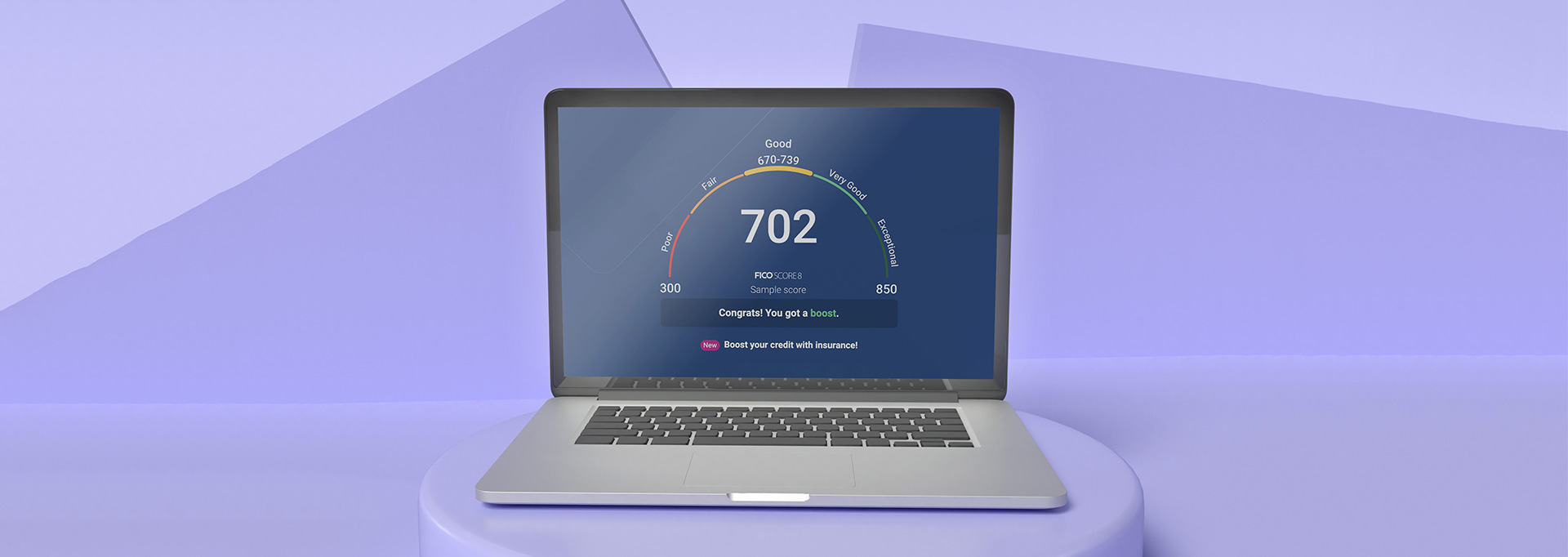Most products on this page are from partners who may compensate us. This may influence which products we write about and where and how they appear on the page. However, opinions expressed here are the author's alone, not those of any bank, credit card issuer, airline or hotel chain.
There’s no question that your bank account balance can play a meaningful role in your financial life. But one topic that seems to cause confusion among consumers is the way your bank account impacts your credit score. In general, your bank account will not influence your credit score, and neither will the balance of your deposit accounts. But there are a few instances where your bank account details have the potential to affect your credit score negatively or positively, and it’s important to know about each of these
Bank Accounts Don't Appear on Your Credit Report
Financial institutions like banks and credit unions typically don’t report the details of your deposit accounts to the major credit bureaus — Equifax, TransUnion and Experian. So, although your bank might report a credit card account you open to one or more of the credit bureaus, other accounts like your checking account or savings account are unlikely to appear on your credit
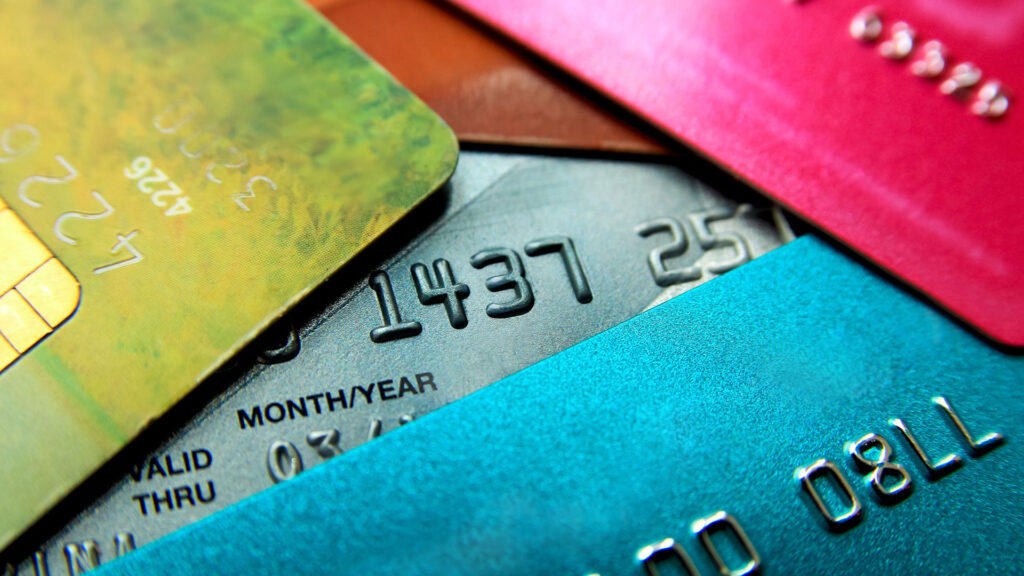 Related Article
Related Article
5 Credit Card Myths Hurting Your Credit Score
When Your Bank Account Might Help Your Credit Score
Certain types of positive financial behavior, like paying your bills on time (or paying your credit card early), have the potential to help you build a good credit score. Yet as mentioned, current bank accounts don’t appear on credit reports. So even though managing a bank account in a responsible manner might indicate that you’re a less risky borrower, those good habits usually won’t help you establish
However, there’s an exception to this rule—the UltraFICO® Score.
Using UltraFICO with Your Bank Account
With UltraFICO, you can give permission to let FICO access your bank account information. If you open a bank account and use it in a responsible way (e.g., no bounced checks or overdraft fees), you might be eligible to earn a higher FICO Score on your Experian
The UltraFICO Score is the first credit scoring model to consider information outside of your credit reports.
- According to FICO, seven out of 10 consumers with positive bank account balances and consistent cash on hand in recent months could receive a higher UltraFICO Score compared to their traditional credit score.
- Furthermore, some 15 million consumers who don’t have enough credit history to qualify for a traditional FICO® Score might be eligible for an
UltraFICO Score.
On the negative side, only certain lenders use the UltraFICO Score. So the credit score won’t have the potential to help you everywhere (even if you have good bank account management history). Furthermore, since UltraFICO uses permission-based data to access your bank account details, you must agree to release more of your personal information to a third party and trust them to
 Related Article
Related Article
Here’s How Netflix Can Now Improve Your Credit Score
When Your Bank Account Could Hurt Your Credit Score
Most financial institutions don’t report current account details to the credit bureaus. But if you mismanage your bank account, the situation could change. Here are some examples of actions that can negatively impact your credit:
- Overdrafts: When you overdraw a deposit account, the bank or credit union may close the account (especially if you don’t have overdraft protection in place).
- Negative balances owed when closing an account: An account closure alone isn’t enough to end up on your credit report. Yet if the account had a negative balance at closing and you didn’t pay what you owed, the financial institution might turn the debt over to a collection
agency.
Collection agencies often report the past-due debts they attempt to collect to the credit reporting agencies. If a collection account appears on your credit report, it could remain there for up to seven years — even if you later pay or settle the account. To make matters worse, as long as the collection remains on your credit report, it could have a negative impact on your credit score (though older collection accounts tend to be less influential than
Banks and credit unions may also report overdrafted accounts and unpaid bank fees to another consumer reporting agency called ChexSystems®. ChexSystems is an information clearinghouse from which financial institutions often review reports before approving consumers for new banking services. If your name is flagged in a ChexSystem’s search, you may need to resolve a past-due debt with your former financial institution before you can open another

How I Got Out of Debt Fast, Twice
Bottom Line
In most cases, your bank accounts won’t influence your credit score. Yet there are a few instances where unpaid bank fees could damage your credit. So it’s important to proceed with caution if you ever close a bank account (or if your financial institution closes a bank account you’re using) to make sure there’s no negative balance after you stop using the account.
If you have the opportunity to opt in and allow a lender to use the UltraFICO® Score, you might want to consider doing so. You’ll need to make sure you’re comfortable sharing more of your data with a third party, of course. But if you have positive bank account management history that might help you earn a higher credit score, there’s a chance you could benefit from the experience.

